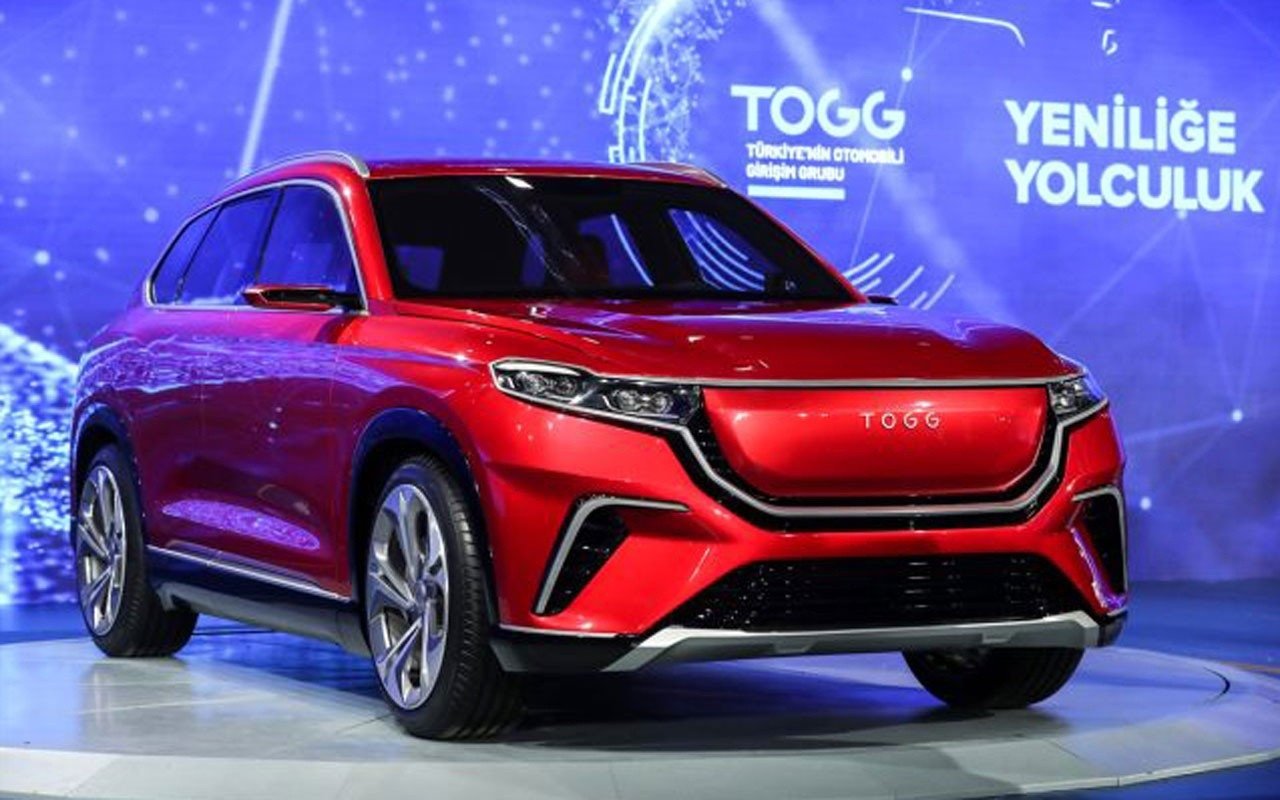Turkey is poised to unveil a significant agreement with Chinese electric vehicle (EV) giant BYD Co. Ltd. for the construction of a $1 billion manufacturing facility in the western part of the country. According to Turkish officials, President Recep Tayyip Erdogan is expected to formally announce the deal on Monday during a ceremony held in Manisa province, the designated location for the plant.
This move signifies Turkey's growing commitment to the electric vehicle industry and its intention to become a regional hub for EV production. The new facility, expected to be operational within the next few years, will not only cater to the rising domestic demand for EVs in Turkey, but also strategically position the country to serve the European market. Turkey enjoys a customs union agreement with the European Union, granting it easier access for exported goods.
BYD, currently China's top-selling EV brand, is actively expanding its global footprint. The company has recently opened its first factory in Thailand and has plans for additional plants in Brazil and Mexico. The Turkish venture presents a strategic advantage for BYD as it seeks to mitigate the potential impact of recent import tariffs imposed by the European Union on Chinese EVs. While BYD was included in these tariffs, it received a lower levy compared to some of its competitors, further incentivizing the company's pursuit of a manufacturing base within the customs union.
The influx of a major EV manufacturer like BYD is expected to bring several benefits to Turkey. The $1 billion investment will create significant job opportunities, boost the local automotive industry, and contribute to the transfer of knowledge and technology. The plant's production is likely to cater to both electric vehicles and their crucial battery components, further strengthening Turkey's position in the EV supply chain.
This development comes amidst Turkey's recent efforts to promote domestic EV production. The government has implemented supportive policies, including tax breaks and subsidies, to incentivize investments in the sector. Additionally, Turkey imposed tariffs on imported cars, particularly those from China, in a move aimed at stimulating domestic production and reducing the current account deficit. However, the recent easing of tariffs on Chinese car imports suggests a strategic shift towards attracting foreign investment while simultaneously nurturing domestic manufacturing capabilities.
The BYD-Turkey collaboration signifies a significant step forward for both parties. With Turkey offering a strategic location and favorable investment environment, and BYD seeking to expand its global reach, this partnership has the potential to reshape the landscape of the electric vehicle industry in the region.

